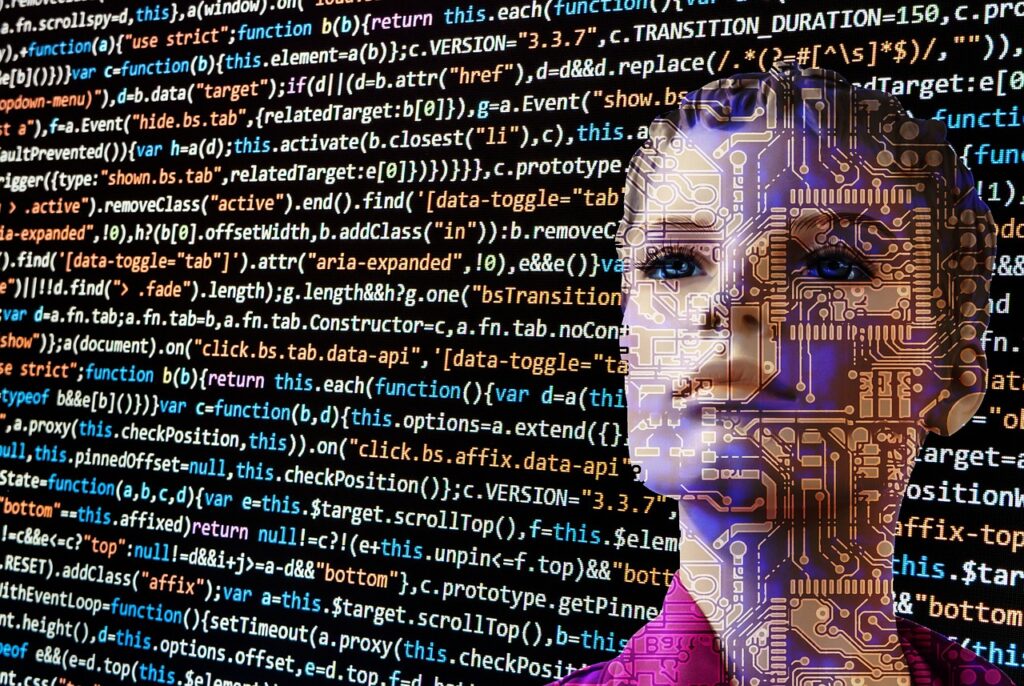Much has been written about the role of Artificial Intelligence (AI) in the workplace and what this might mean for Human Resources (HR) teams. So, what is the current position on AI in HR?
CIPD research
Let’s start with some recent research. The CIPD’s “Good Work Index” published in June included a short section on AI in HR. And, despite all the scare stories, the headline messages were broadly positive.
The CIPD found that:
- 85% of those who have had tasks automated by AI say this has improved their performance.
- The most commonly automated tasks were repetitive ones.
- Those whose tasks have been automated by AI also find themselves:
- More satisfied in their job.
- More likely to feel the positive effects of work on their mental wellbeing.
These findings are genuinely encouraging. In particular potential improved productivity and employee engagement are significant wins.
Survey details
That said, only 16% of the 5,000 employees surveyed had used AI to automate tasks.
It is also evident that not everyone is using this still emerging technology. Those using AI the most include:
- White collar workers.
- Private sector employees.
- Younger workers.
This last point might be a future training challenge for employers given an ageing workforce and changing demographics.
A threat or a benefit?
So, does the arrival of AI pose a threat or a benefit to UK employment?
The answer is both.
Yes, some jobs will be replaced by the arrival of yet more automation in the form of Artificial Intelligence. Yet other jobs will be improved or created by the arrival of AI just as they have been across the history of industrialisation and technology.
In his book “The Future of Work” Richard Donkin states;
“Work always creates more work.”
The evidence?
The evidence to support the above assertion is indeed strong.
The UK unemployment rate in 1971 – arguably the start of the workplace computer age – was 3.8%. More than half a century (and many advancements) later and the rate is not much different at 4.7%. Of course, there have been unemployment peaks and troughs across that period. Yet those changes were driven by many factors, and not just technology.
There is even evidence to suggest that technology creates entirely new work. For instance a Goldman Sachs report in 2023 states:
- 60% of today’s workers are employed in occupations that didn’t exist in 1940.
- 85% of employment growth is explained by the technology-driven creation of new positions.
Yet that same report also suggests that AI could partially automate two-thirds of jobs. It follows that fundamental change is indeed heading towards the UK workplace.
AI in HR?
But what of the use of AI in HR?
A survey published in People Management Magazine earlier this year suggested that more than 4 in 5 HR experts are open to the use of AI. Given the potential cost savings of automation this is something that may happen sooner rather than later.
Yet there is a problem. The use of AI includes the risk of automating bias into HR processes. And one small tweak to the AI coding can lead to real problems.
This reality was highlighted when Elon Musk’s AI chatbot Grok went off the rails earlier this year. A small tweak to Grok’s coding resulted in extreme right-wing rhetoric being published before normality could be restored.
This is a clear warning sign for HR. If AI is to streamline processes, then human moderation is a must. Letting the coding work without oversight could be a guaranteed route to future employment tribunal claims.
Absence management & occupational health referrals
Yet the current negatives should not outweigh the future positives.
AI in HR is already happening. In particular some employers are now using AI to streamline recruitment processes.
It is also likely that AI can and will form part of future employee absence monitoring. Automating interventions, encouraging use of employee benefits, or referrals to occupational health experts could all be beneficial. These steps will help employers prevent minor health issues becoming major health and absence problems.
Human moderators
So, change is coming, and Human Resources teams may be at the forefront of AI usage in many workplaces.
Yet complete reliance on Artificial Intelligence in HR is not recommended. The “human” in Human Resources should always remain the key decision maker.
About Occupational Health Assessment Ltd
Occupational Health Assessment Ltd is an SEQOHS Accredited and Certified B-Corp nationwide occupational health provider.
We provide rapid access to expert occupational health support for businesses right across the United Kingdom. Appointments are available nationwide within two days.
With a unique occupational health assessment service, night worker health assessments, fitness certifications and access to clinics in Belfast, Birmingham, Bradford, Brighton, Bristol, Cardiff, Coventry, Derby, Edinburgh, Glasgow, Hull, Leeds, Leicester, Liverpool, London, Manchester, Newcastle, Northampton, Nottingham, Plymouth, Portsmouth, Reading, Sheffield, Southampton, Stoke, Surrey and more, the business provides high quality, expert medical advice.
Please contact us for further information or assistance.
